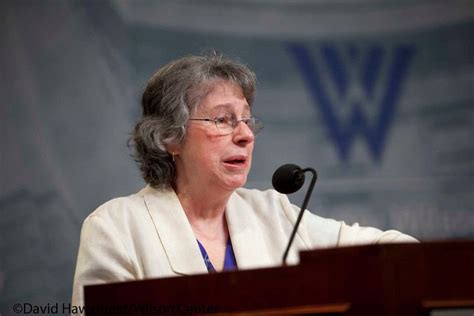A Quote by William Barr
With the growing availability of commoditized encryption, it is becoming easier for common criminals to communicate beyond the reach of traditional surveillance.
Related Quotes
In this age of communications that span both distance and time, the only tool we have that approximates a 'whisper' is encryption. When I cannot whisper in my wife's ear or the ears of my business partners, and have to communicate electronically, then encryption is our tool to keep our secrets secret.
As all of our lives become digital, the logic of encryption is all of our lives will be covered by strong encryption, and therefore all of our lives - including the lives of criminals and terrorists and spies - will be in a place that is utterly unavailable to court-ordered process. And that, I think, to a democracy should be very, very concerning.
I think it's interesting because the 1990s ended with the government pretty much giving up. There was a recognition that encryption was important. In 2000, the government considerably loosened the export controls on encryption technology and really went about actively encouraging the use of encryption rather than discouraging it.
The reality is that if you - let's say you just pulled encryption. Let's ban it. Let's you and I ban it tomorrow. And so we sit in Congress and we say, thou shalt not have encryption. What happens then? Well, I would argue that the bad guys will use encryption from non-American companies, because they're pretty smart.
I am disturbed by how states abuse laws on Internet access. I am concerned that surveillance programmes are becoming too aggressive. I understand that national security and criminal activity may justify some exceptional and narrowly-tailored use of surveillance. But that is all the more reason to safeguard human rights and fundamental freedoms.


































